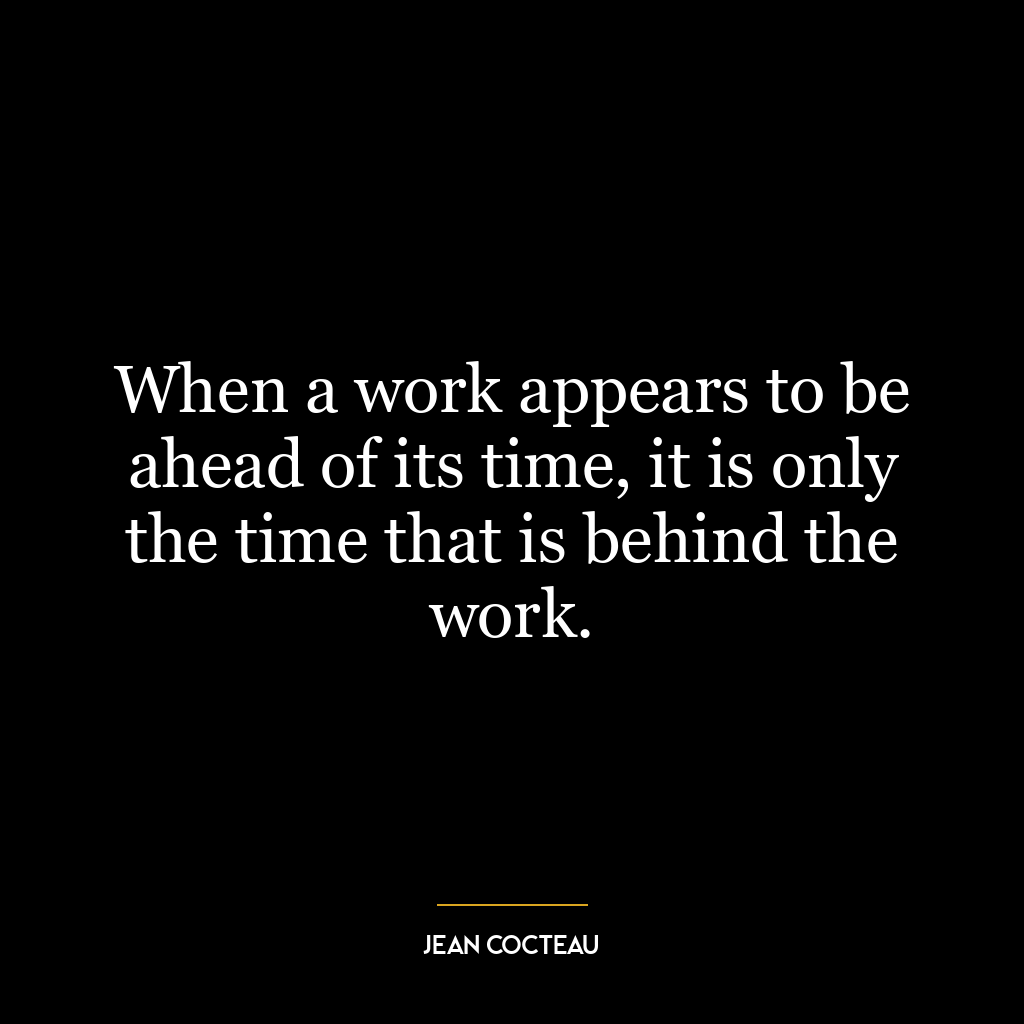This quote contrasts human ingenuity with the simplicity of nature, suggesting that while humans have the power to create destructive forces such as the atomic bomb, no animal would create something that could harm its own kind. It’s a commentary on the paradox of human intelligence, which can be used for both extraordinary achievements and devastating destruction.
The mousetrap in the quote symbolizes self-destruction. A mouse would never build a trap for itself, yet humans, despite their intelligence, often create their own problems and traps. It’s a call for introspection on how we use our intelligence and the consequences of our actions.
In today’s world, this idea is more relevant than ever. We live in an era of remarkable technological advancements. These technologies have the potential to greatly improve our lives, but they can also be misused and cause harm. For instance, the internet has transformed communication and made information accessible to everyone, but it has also given rise to cybercrime, online harassment, and the spread of misinformation. Similarly, advancements in genetic engineering have the potential to cure diseases, but they also raise ethical concerns about genetic manipulation and designer babies.
In terms of personal development, this quote reminds us to consider the consequences of our actions and to use our intelligence wisely. It encourages us to think critically about the potential impact of our decisions, not just for ourselves but also for others. It also highlights the importance of empathy and compassion in our interactions with others. Just because we have the ability to do something, doesn’t mean we should, particularly if it can cause harm.










